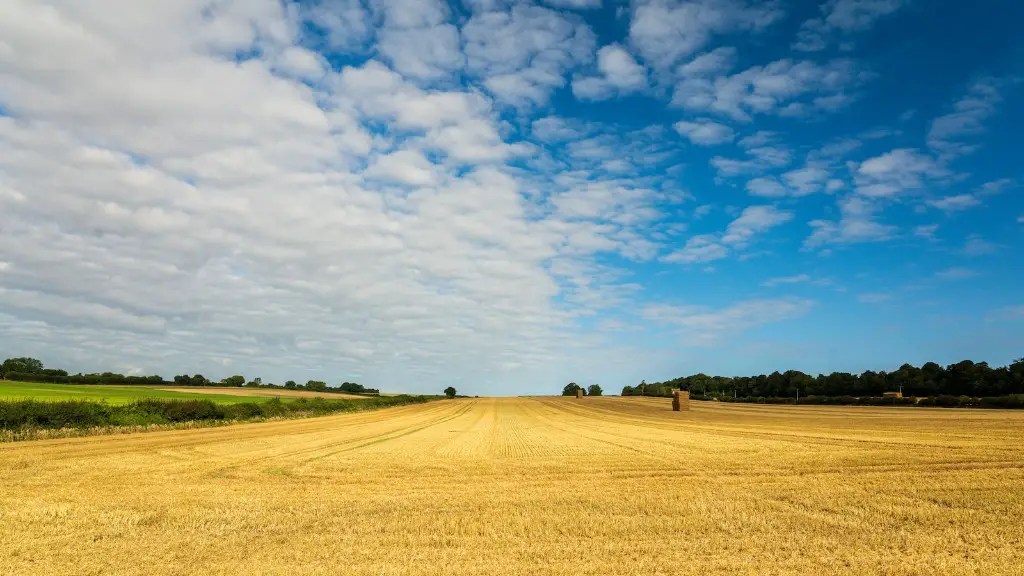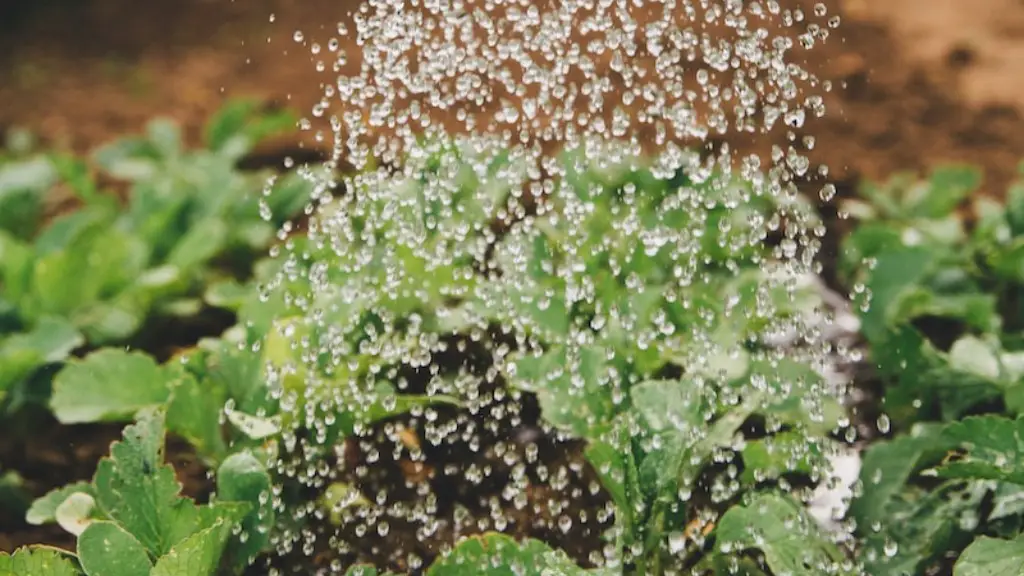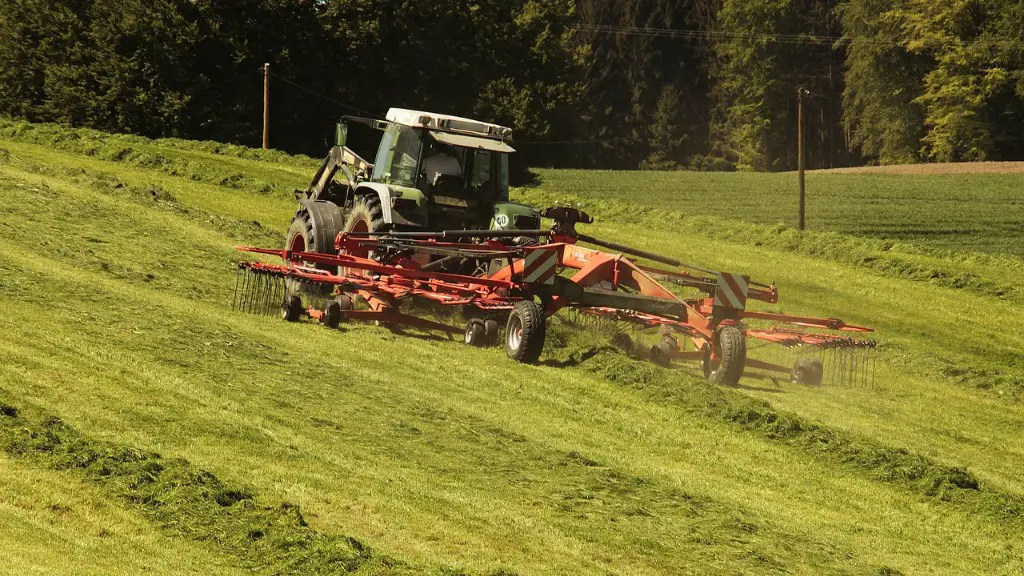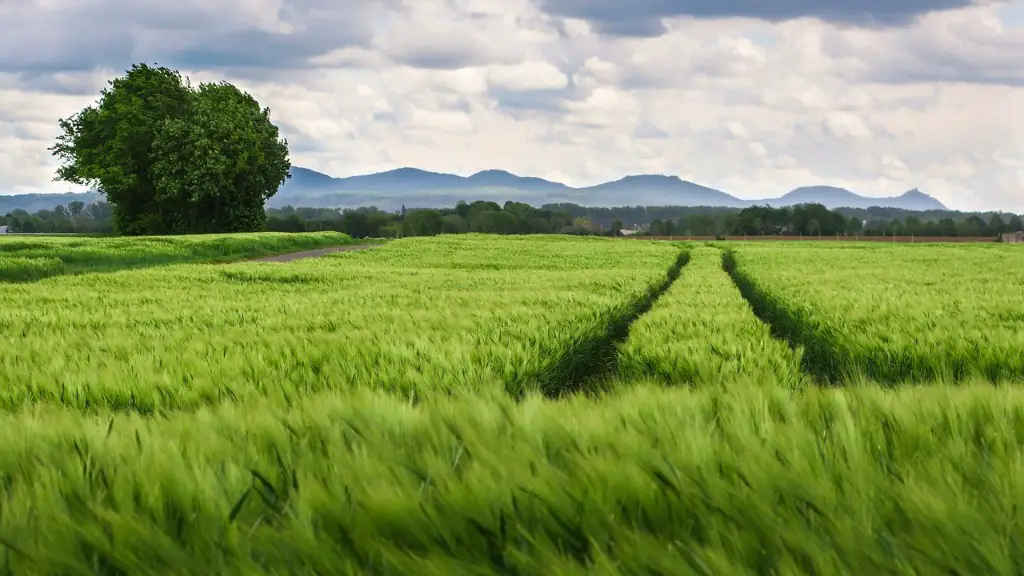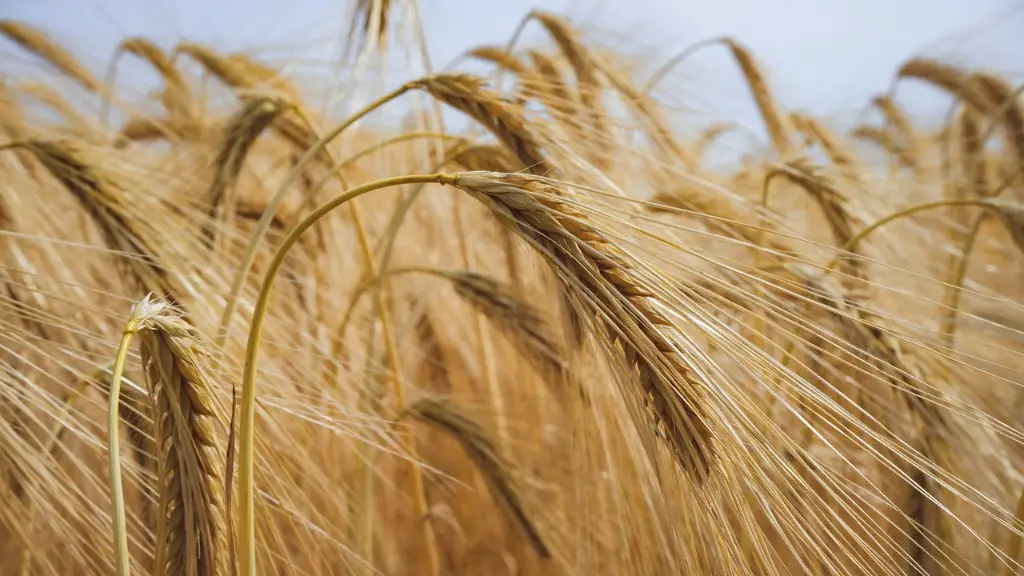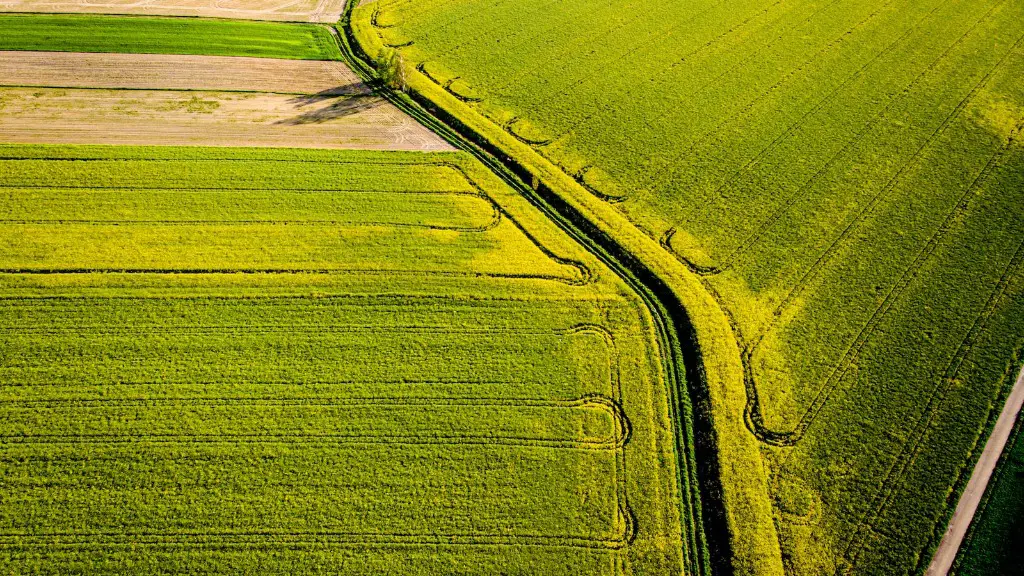The god of agriculture is a deity that is associated with farming and crops. This god is often responsible for fertility and growth, and is worshipped in many cultures around the world. In some cases, the god of agriculture is also associated with the weather and the seasons.
The god of agriculutre is a deity connected to farming, crops, and gardens.
Who is the Roman god of agriculture?
Ceres was an important goddess in Ancient Roman religion. She was the goddess of agriculture, grain crops, fertility and motherly relationships. She was one of the Dii Consentes, the Roman equivalent of the Twelve Olympians of Greek mythology.
Demeter is one of the most important goddesses in Greek religion, as she is responsible for the bounty of the earth. Agriculture was the mainstay of the Greek economy, so Demeter was a very important figure. She was also associated with the underworld, as her daughter Persephone was abducted by Hades and taken to the underworld.
Who is the god of agriculture and fertility
Demeter is a goddess in Greek mythology who is associated with agriculture, fertility, and the harvest. She is often referred to as a earth-mother figure and is thought to have originated from the Mediterranean region. Demeter is widely known as a fertility goddess and is often invoked in rituals and prayers for a bountiful harvest.
Apollo is one of the most important and complex of the Olympian deities in classical Greek and Roman religion and Greek and Roman mythology. The ideal of the kouros (a beardless, athletic youth), Apollo has been variously recognized as a god of music, truth and prophecy, healing, the sun and light, plague, poetry, and more. Apollo is the son of Zeus and Leto, and has a twin sister, the chaste huntress Artemis. Apollo is known in Greek-influenced Etruscan mythology as Apulu. Apollo became very popular in the Middle Ages, and was one of the chief figures in western art and literature.
Who is the Egyptian god of agriculture?
Osiris was one of the most important gods in the Egyptian pantheon and was worshiped by all classes of people. He was the god of the underworld and the afterlife, and was also associated with fertility, agriculture, and resurrection.
The Greek god of farming and agriculture was known as Demeter. As much of ancient Greece was agrarian, Demeter was worshipped by many for bountiful harvests and fertility. She is the daughter of Titans, sister to Zeus, and mother to Persephone.
Who is the African god of agriculture?
Oko Oko is said to be the god of agriculture and fertility. He is said to have come to Earth and lived on a small farm, growing beautiful and delicious fruits and vegetables. One day, he vanished, leaving only his staff behind. It is said that he brings good fortune to those who find his staff.
Lugh is known as god of the harvest as well as skill and distribution of talent. He is the namesake of Lughnasadh, the festival that marks the beginning of harvest season. This makes his name associated with midsummer as the crops are flourishing and waiting to be taken from the ground.
Who is the god of harvest mythology
Demeter is an important goddess to Ancient Greek people because she is the goddess of the harvest. Ancient Greeks farmed a lot of their food, so Demeter was very important to them. Demeter had a kind and beautiful daughter, Persephone, who she loved very much.
Norman Ernest Borlaug was an American agricultural scientist and humanitarian. He is considered by some to be the father of modern agriculture and the father of the green revolution. He won the 1970 Nobel Peace Prize for his life’s work.
Who is the goddess of growing plants?
Ceres was the Roman goddess of the growth of food plants, and was worshiped either alone or in association with the earth goddess Tellus. At an early date, her cult was overlaid by that of Demeter, who was widely worshiped in Sicily and Magna Graecia.
Frey and Freya were Vanir deities who represented different aspects of agriculture. They were considered subordinate to the warlike Aesir gods, who were associated with battle and victory. According to Norse mythology, war had once broken out between the Aesir gods and the Vanir gods. In the end, the two sides made peace and decided to exchange hostages. Frey and Freya were two of the hostages who were sent to live with the Aesir. Frey eventually became the god of fertility and Freya the goddess of love and beauty.
Is Kronos the god of agriculture
Cronus’s functions were connected with agriculture; in Attica his festival, the Kronia, celebrated the harvest and resembled the Saturnalia. In art he was depicted as an old man holding an implement, probably originally a sickle but interpreted as a harpē, or curved sword.
In ancient Roman religion and myth, Mars (Latin: Mārs, pronounced [maːrs]) was the god of war and also an agricultural guardian, a combination characteristic of early Rome. He was the son of Jupiter and Juno, and was pre-eminent among the Roman army’s military gods.
What is Athena the god of?
Athena was the goddess of wisdom and military victory. She was also the patron of the city of Athens. Athena was born to Zeus and Metis, a nymph. Heracles was her half-brother.
Demeter was one of the 12 Olympian gods and goddesses in Greek mythology. Her parents were Cronus and Rhea, and her siblings were Hestia, Hera, Hades, Poseidon, and Zeus. She was married to Zeus and had several children with him, including Persephone, Despoina, Eubuleus, Arion, Plutus, Philomelus, Iacchus, Acheron, and Hecate.
Who is the god of plants
Flora is the goddess of the flowering of plants in Roman religion. Titus Tatius is said to have introduced her cult to Rome. Her temple stood near the Circus Maximus. The Floralia was instituted in 238 BC.
Enlil was the god of both heaven and earth, and is often credited with the creation of agriculture. In the Myth of the Creation of the Hoe, Enlil is said to have separated heaven and earth to make room for seeds to grow. This provided humans with the means to cultivate the land and grow their own food. Enlil was a vital part of the agricultural process, and his importance to this field of study is still recognized today.
Conclusion
There is no one specific god of agriculture. In many cultures, deities or spirits are associated with agricultural activities such as planting, harvesting, and rain.
The god of agriculture is a being who is responsible for the growth and production of crops. This being can be male or female, and is often associated with the natural world, such as the sun, wind, and rain. The god of agriculture is also often associated with fertility, and is therefore responsible for the health and abundance of the crops. In many cultures, the god of agriculture is one of the most important deities, and is often worshiped with great respect and reverence.
